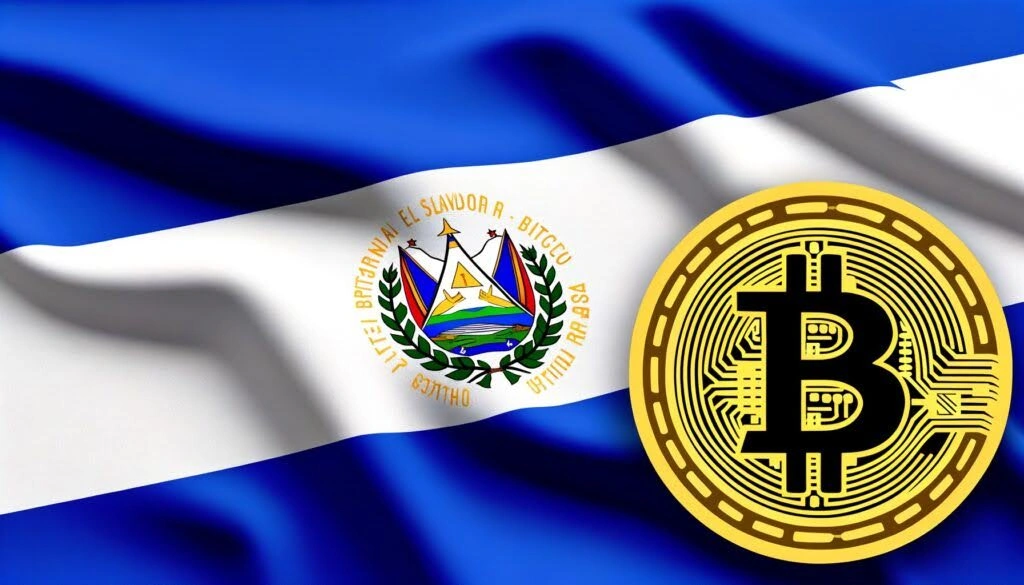Where Is Crypto Legal in 2025? Here’s What We Know
Let’s talk crypto legal status—because even in 2025, it’s still murky. Is cryptocurrency actually legal? Is it legal tender? Can you spend Bitcoin like cash or is it just a digital asset that governments don’t fully trust?
Turns out, the answer changes depending on where you are. Here’s a breakdown of what crypto legality looks like across the globe, what “legal tender” really means, and why this all still matters (even if you’re just HODLing).
1. Japan: Regulated, Recognized, but Not Legal Tender
Japan has long been one of the friendliest environments for crypto. Bitcoin is officially recognized as a method of payment—but let’s be clear, it’s not legal tender. That means it can be used, but no one is required to accept it.
Still, Japan’s structured regulations give crypto traders and businesses some peace of mind, with strong oversight from the Financial Services Agency (FSA).

2. United States: Legal? Sort of. Tender? Definitely Not.
In the U.S., the legal status of crypto is… complicated. The IRS calls it property, the SEC treats some tokens as securities, and states often have their own takes on regulation.
So is it legal? Yes—mostly. Is it legal tender? Nope. The U.S. dollar is still king. But crypto exchanges operate (with licenses), people can invest, and laws around it are evolving constantly.

3. China: Total Ban Still Stands
China has taken the harshest stance—banning all crypto transactions and mining. The government prefers central control and is rolling out its digital yuan (a central bank digital currency or CBDC) instead.
If you’re in mainland China, crypto’s legal status isn’t a grey area—it’s illegal.

4. El Salvador: Yes, Bitcoin Is Legal Tender
In 2021, El Salvador became the first country to make Bitcoin legal tender. That means businesses must accept it alongside the U.S. dollar. It was a bold move, celebrated in crypto circles—but it hasn’t gone totally smoothly.
Adoption remains mixed. Many citizens still prefer cash, and technical hiccups with the government’s Bitcoin wallet (Chivo) didn’t help public trust.

5. The European Union: Progress, But Still Fragmented
The EU is taking steps with its MiCA regulation (Markets in Crypto-Assets), aiming to unify crypto rules across member states. Crypto is legal to own and trade, but it’s not legal tender—yet.
Each country still has a little wiggle room. Germany, for example, recognizes Bitcoin as “private money,” while others are more conservative.

6. Other Countries: Grey Zones and Tightrope Walks
- India hasn’t banned crypto outright, but heavy taxation and unclear rules have made things difficult for investors.
- Nigeria banned banks from dealing with crypto platforms, yet adoption at the user level is high.
- Brazil and Argentina are warming to crypto, especially in the face of inflation.
Bottom line? In many places, crypto’s legal status sits in a weird limbo—not fully banned, not fully embraced.
What Does “Legal Tender” Actually Mean, Anyway?
Here’s where the legalese matters: legal tender means money that must be accepted for debts. Just because crypto is usable doesn’t make it official currency.
Most governments still treat it as an asset, not money. And until that changes, you can’t really force anyone to accept Bitcoin in a shop—unless local law says so.
Why Crypto Legal Status Matters—Even If You’re Not Trading
Even if you’re just holding coins in your wallet, the legal status matters more than you think.
- It affects taxation (trust us, the taxman cares).
- It influences exchange access, depending on where you live.
- It determines whether your crypto activity is legally protected—or totally at your own risk.
So yeah, even passive crypto users should keep an eye on these rules.
Final Thoughts: Crypto Legal Status Isn’t Settled Yet
One thing’s for sure: the crypto legal status conversation isn’t going away. As central banks launch their own CBDCs and global regulations tighten, crypto might face even more scrutiny—or gain more legitimacy.
For now? It’s legal-ish in most places, official in a few, and evolving everywhere. Stay informed, check your local laws, and maybe don’t spend your entire life savings on meme coins just yet.
Related news: How to Understand Crypto Legal Status: A Step-by-Step Guide











